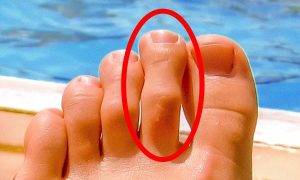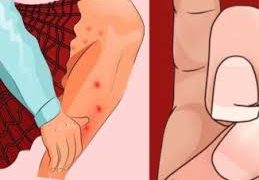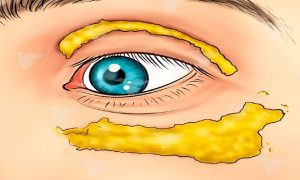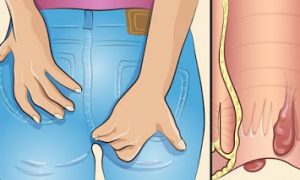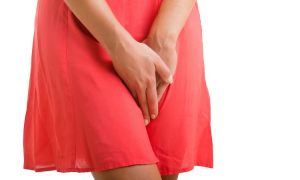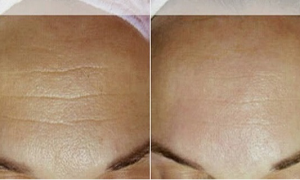Want a healthy vagina? This organ requires very little care, so less is more, says Beri Ridgeway, MD.

She encourages women to do the following:
1.Go for whole body health.
Eat right, control your weight and exercise. Not only is this good for your whole body; it’s good for your sexual organs too. Conversely, chronic conditions can put women at risk. For example, poorly controlled diabetes increases a woman’s likelihood of contracting yeast infections and urinary tract infections (UTIs).
2.Get regular screenings.
Stay current with health screenings, and see your gynecologist for routine care. Remember that screening intervals for pap smears change based upon your age and Pap smear findings. For young women, HPV vaccination is especially important for reducing cervical cancer risk.
3. Use condoms.
It’s so important to protect yourself from sexually transmitted diseases and unwanted pregnancies. Insist on using condoms with any new sexual partner.
4. Just use water.
The vagina is a self-cleaning organ. Using harsh chemicals, prepackaged wipes or douching can disrupt its normal process. If you must, a gentle soap is OK for the external genitalia. Most products marketed to help women feel or smell cleaner are not backed by any scientific evidence and can lead to other problems. If you have particularly sensitive skin, also watch for soaps and shampoos you use in the shower. Even laundry detergents, dryer sheets, and some lubricants can cause irritation.
5. Don’t prep for your gynecologist.
Showering is all we expect and desire.
6.Consider natural lubricants.
Coconut oil or olive oil may be better lubricants and vaginal moisturizers than manufactured products; they’re an option for women who aren’t using condoms.
7. Never ignore post-menopausal bleeding.
If you ever experience bleeding after menopause, see your doctor for an evaluation.
8.Prolapse and incontinence are usually not dangerous.
These conditions only need treatment if they bother you; no need to treat them just because the gynecologist noted them during an exam. However, if you have trouble emptying your bladder or bowels or have pain or bleeding, it’s time to seek care.
9.Vaginal estrogen is safe for most women.
Vaginal estrogen can help prevent or reverse changes that occur with age, such as painful sex (due to thinning vaginal walls and less elasticity) and increased risk for UTIs (due to pH changes as the vagina becomes less acidic).



